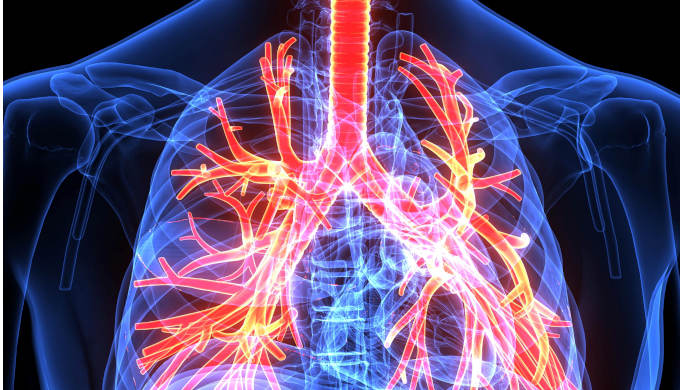Author: Shreeya Nanda
medwireNews: A phase 3 trial has demonstrated a significant progression-free survival (PFS) benefit with the oral selective estrogen receptor degrader (SERD) elacestrant relative to standard of care (SOC) in pretreated patients with estrogen receptor (ER)-positive, HER2-negative metastatic breast cancer.
Presenting the EMERALD study data at the 2021 San Antonio Breast Cancer Symposium, Aditya Bardia (Massachusetts General Hospital, Boston, USA) explained that combined endocrine plus CDK4/6 inhibitor therapy is “the mainstay” for the first-line treatment of this population, but most patients develop resistance, some via acquired ESR1 mutations.
He added that standard single-agent endocrine therapy (eg, fulvestrant) in the second- and later-line is associated with a median PFS of around 2 months, and thus there is a “clinical unmet need for better endocrine therapy” for these patients.
The EMERALD trial investigated elacestrant, an oral SERD that has already demonstrated clinical activity in the phase 1 setting, in 477 patients (men or postmenopausal women) who had received at least one or two lines of endocrine therapy, including one in combination with a CDK4/6 inhibitor, for ER-positive, HER2-negative, metastatic breast cancer.
The co-primary endpoint of PFS in the overall trial population was significantly improved with elacestrant 400 mg/day versus physician’s choice of fulvestrant, anastrozole, letrozole, or exemestane, at a median of 2.8 and 1.9 months, respectively, and a hazard ratio (HR) for progression or death of 0.70 favoring the oral SERD. The corresponding 12-month PFS rates were 22.3% and 9.4%.
Treatment with elacestrant also significantly prolonged the other primary endpoint – namely PFS in patients harboring ESR1 mutations (n=228) – relative to SOC, at respective medians of 3.8 and 1.9 months, and an HR of 0.55. The PFS rates at 12 months were 26.8% and 8.2%, respectively.
Bardia also presented an interim analysis of overall survival, which showed a trend in favor of elacestrant both in the total study population and the ESR1-mutated subgroup (HRs=0.75 and 0.59, respectively). He noted that “the final analysis with mature data is expected to take place in late 2022/early 2023.”
The oral SERD “was well tolerated with a predictable and manageable safety profile consistent with other endocrine therapies,” said Bardia.
Treatment-related adverse events (TRAEs) of grade 3 or 4 occurred in 7.2% of elacestrant-treated patients and 3.1% of those given SOC endocrine therapy. The most common TRAEs of this grade in the elacestrant group were nausea and back pain, occurring in 2.5% of patients each versus 0.9% and 0.4% of those in the SOC group, respectively.
A total of 2.5% of patients in the elacestrant arm required a dose reduction due to any TRAE, compared with no patients in the SOC arm, and the corresponding rates of discontinuation due to TRAEs were 3.4% and 0.9%. There were no treatment-related deaths in either group.
Bardia concluded that “scientifically, the study provides proof of principle of the superiority of a novel oral SERD as compared to standard endocrine therapy,” and “clinically, elacestrant has the potential to become a new treatment option in the studied patient population.”
He added: “Further elacestrant combinations in earlier lines and with other targeted therapies, including CDK4/6 and mTOR inhibitors, are ongoing/planned for patients with [ER-positive, HER2-negative] breast cancer.”
medwireNews is an independent medical news service provided by Springer Healthcare Ltd. © 2021 Springer Healthcare Ltd, part of the Springer Nature Group









